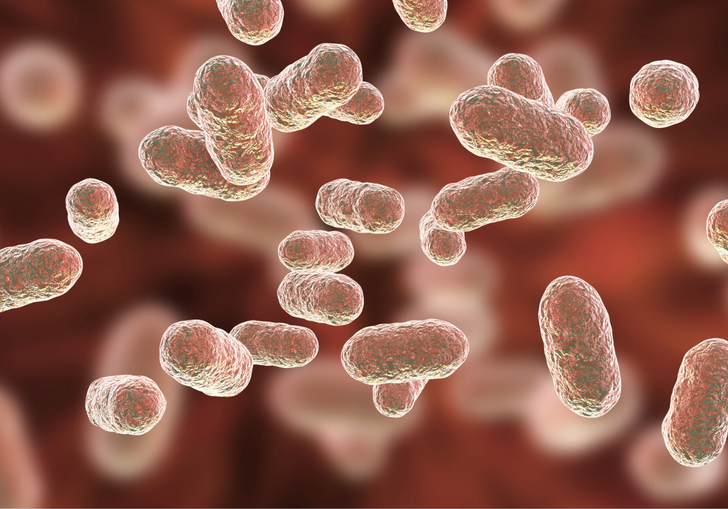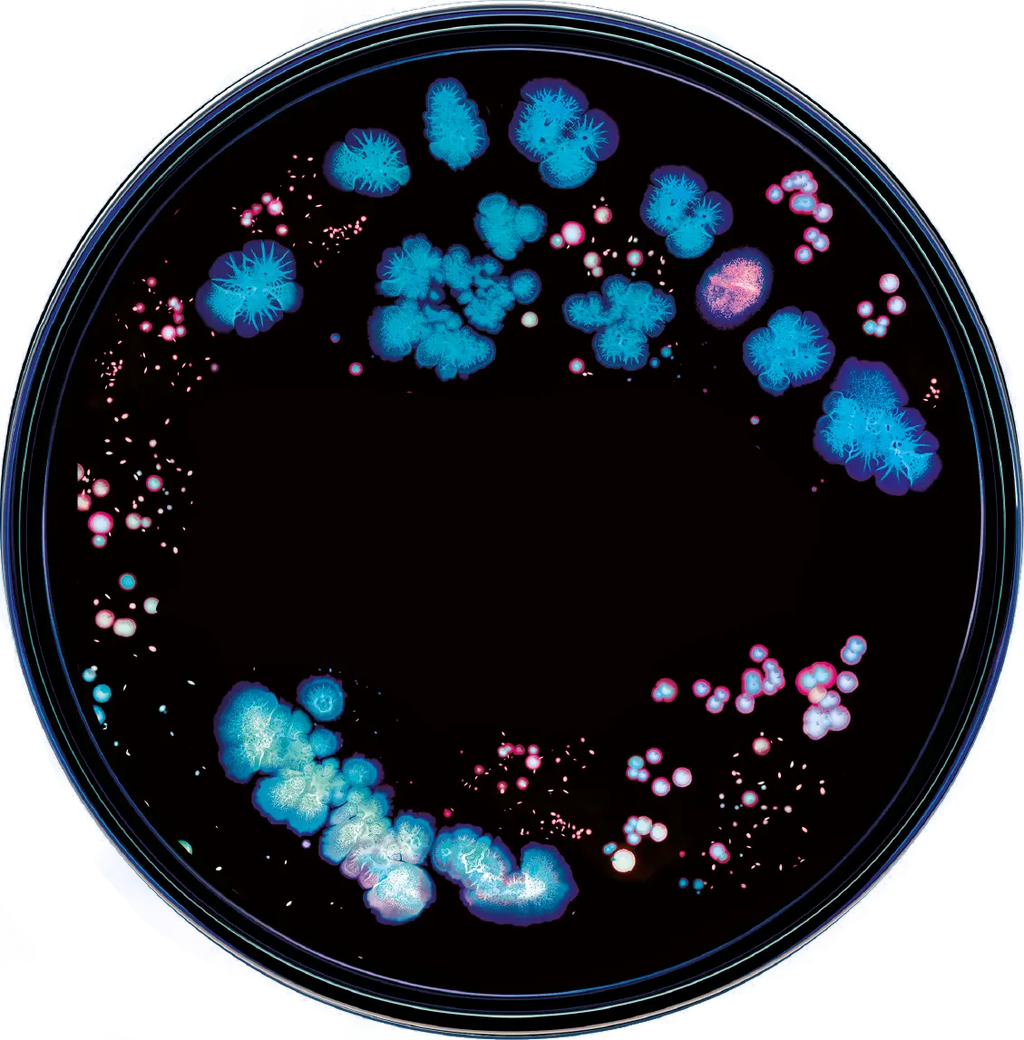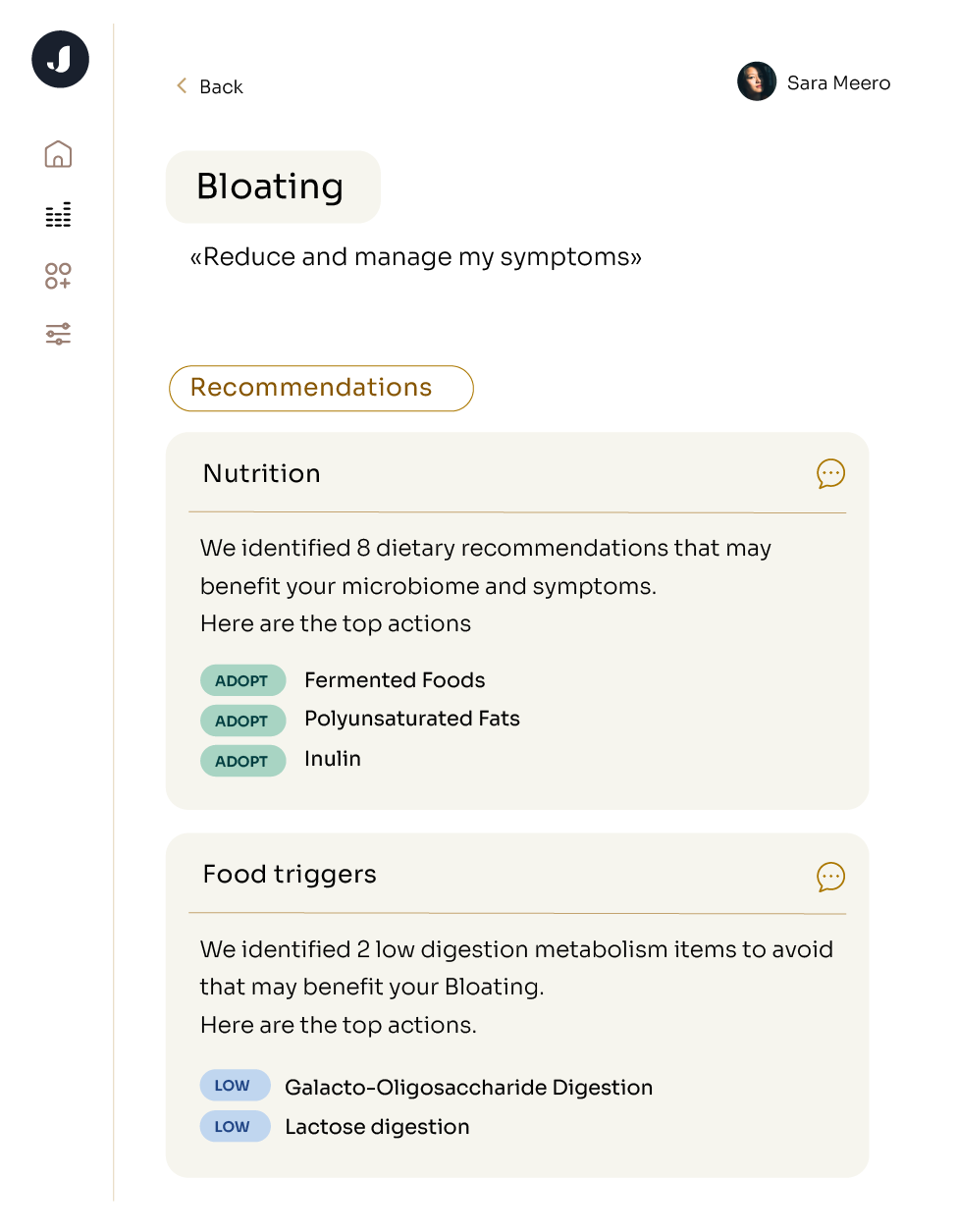Berger B, Porta N, Foata F, Grathwohl D, Delley M, Moine D, Charpagne A, Siegwald L, Descombes P, Alliet P, Puccio G, Steenhout P, Mercenier A, Sprenger N. Linking Human Milk Oligosaccharides, Infant Fecal Community Types, and Later Risk To Require Antibiotics. mBio. 2020 Mar 17;11(2):e03196-19. doi: 10.1128/mBio.03196-19. PMID: 32184252; PMCID: PMC7078481.
Biasucci G, Benenati B, Morelli L, Bessi E, Boehm G. Cesarean delivery may affect the early biodiversity of intestinal bacteria. J Nutr. 2008 Sep;138(9):1796S-1800S. doi: 10.1093/jn/138.9.1796S. PMID: 18716189.
Gavzy, S. J., Kensiski, A., Lee, Z. L., Mongodin, E. F., Ma, B., & Bromberg, J. S. (2023). Bifidobacterium mechanisms of immune modulation and tolerance. Gut microbes, 15(2), 2291164. https://doi.org/10.1080/19490976.2023.2291164
Olin A, Henckel E, Chen Y, Lakshmikanth T, Pou C, Mikes J, Gustafsson A, Bernhardsson AK, Zhang C, Bohlin K, Brodin P. Stereotypic Immune System Development in Newborn Children. Cell. 2018 Aug 23;174(5):1277-1292.e14. doi: 10.1016/j.cell.2018.06.045. PMID: 30142345; PMCID: PMC6108833.
Rothschild D, Weissbrod O, Barkan E, Kurilshikov A, Korem T, Zeevi D, Costea PI, Godneva A, Kalka IN, Bar N, Shilo S, Lador D, Vila AV, Zmora N, Pevsner-Fischer M, Israeli D, Kosower N, Malka G, Wolf BC, Avnit-Sagi T, Lotan-Pompan M, Weinberger A, Halpern Z, Carmi S, Fu J, Wijmenga C, Zhernakova A, Elinav E, Segal E. Environment dominates over host genetics in shaping human gut microbiota. Nature. 2018 Mar 8;555(7695):210-215. doi: 10.1038/nature25973. Epub 2018 Feb 28. PMID: 29489753.
Shenhav L, Fehr K, Reyna ME, Petersen C, Dai DLY, Dai R, Breton V, Rossi L, Smieja M, Simons E, Silverman MA, Levy M, Bode L, Field CJ, Marshall JS, Moraes TJ, Mandhane PJ, Turvey SE, Subbarao P, Surette MG, Azad MB. Microbial colonization programs are structured by breastfeeding and guide healthy respiratory development. Cell. 2024 Sep 19;187(19):5431-5452.e20. doi: 10.1016/j.cell.2024.07.022. PMID: 39303691; PMCID: PMC11531244.
Sjögren YM, Tomicic S, Lundberg A, Böttcher MF, Björkstén B, Sverremark-Ekström E, Jenmalm MC. Influence of early gut microbiota on the maturation of childhood mucosal and systemic immune responses. Clin Exp Allergy. 2009 Dec;39(12):1842-51. doi: 10.1111/j.1365-2222.2009.03326.x. Epub 2009 Sep 3. PMID: 19735274.
Wold AE, Adlerberth I. Breast feeding and the intestinal microflora of the infant--implications for protection against infectious diseases. Adv Exp Med Biol. 2000;478:77-93. doi: 10.1007/0-306-46830-1_7. PMID: 11065062.






